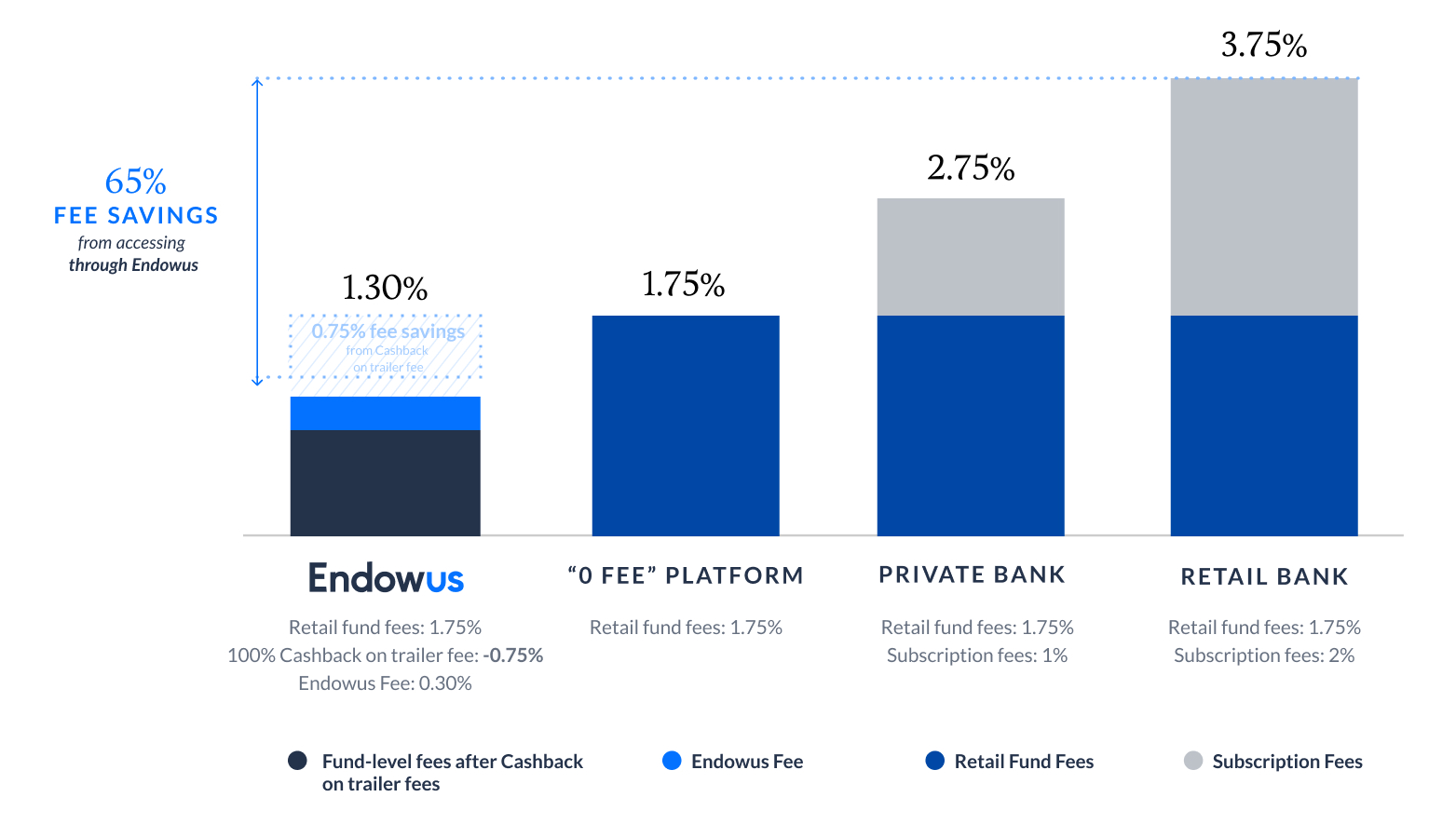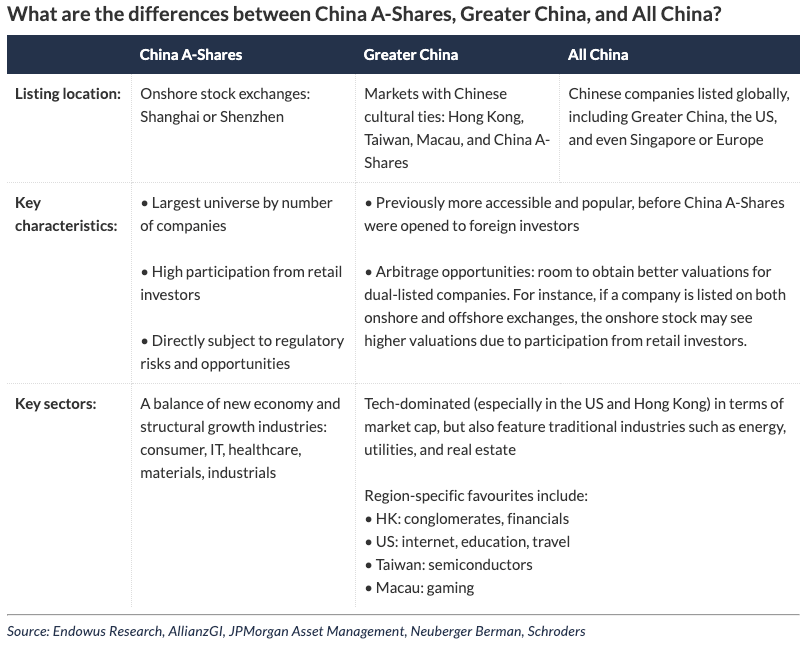Register for the event
Endowus invites you to our exclusive event with Macquarie Asset Management, as we discuss unlocking opportunities in Infrastructure- a $1.3tn asset class.
This event is reserved for Accredited Investors (AIs) only. To register for the event, please indicate one of the following:
For anyone following China’s stock market, the last few years have felt like a test of patience, and for some, a lesson in loss aversion. After the brutal selloffs of 2022, where both the CSI 300 and Hang Seng Index saw corrections and severe volatilities, many investors questioned if a recovery would ever come. While 2023 offered a bit of a respite, it was a lackluster rebound at best.
Fast forward to 2024 and now into Q4 2025, and we are seeing a reversal of fortunes and to a certain extent, a restoration of confidence. This year has been a remarkable comeback for Chinese equities, outperforming its Asia stock market peers and the widely-loved US equities year-to-date.
The optimism for Chinese companies has been palpable, and part of it has been tied to the tech sector. The buzz around the DeepSeek AI model was a key factor; its stellar performance was a narrative that resonated with a market hungry for good news.
Balancing risks and opportunities
A rally does not erase the underlying uncertainties. As we look at the remainder of the year, several risk factors continue to linger.
The ongoing restructuring of the mainland’s property market remains a central concern. While policy support has helped, the fundamental issue of excess supply and weakening demand has not vanished. Investor attention has been zeroing in on US-China relations, whether any tangible progress will come out from the trade talks.
Policy support and favourable growth in strategic sectors suggest that China may indeed be worth revisiting for investors. For fund managers, this environment means a rigorous, name-by-name analysis is critical.
From Endowus, we prepared a curated list of China equity funds on Fund Smart. All these funds are managed by leading China market specialists, giving you diversified exposure to both onshore and offshore opportunities.
<divider><divider>
Spotlight on China-focused equity funds
All China
“All China” equity funds represent Chinese companies that are listed on exchanges outside of China, such as those in the US, Europe and Singapore.
A-shares
Exposure to China A-shares comprises stocks listed on onshore exchanges in Shenzhen and Shanghai.
Greater China
Greater China includes stocks from mainland China as well as Hong Kong, Taiwan, and Macau.
To view all China-focused funds available on Endowus, refer to our investment funds list here.
Endowus charges no upfront subscription fees and offers 100% Cashback on trailer commissions typically embedded in fund management fees.
Illustration of fees incurred for investments in the JP Morgan China A-Share Opportunities Fund across different platforms

Read more: What are trailer fees?
Prefer to leave the fund selection to the experts? Consider the Endowus China Equity Satellite Portfolio, which is constructed and optimised by the Endowus Investment Office to achieve the best balance of China equity funds in a single portfolio. Check it out here.
Understanding onshore and offshore markets: All China, A-shares, and Greater China
Before investing in the Chinese markets, it’s a good idea to understand the differences between A-Shares, Greater China, and All China stocks.
Chinese equities can be broadly divided into two categories: the onshore market and the offshore markets.
The onshore market typically refers to the Shanghai and Shenzhen Stock Exchanges, and stocks that trade on these exchanges are commonly known as China A-Shares. There tends to be high participation from retail investors, which makes it relatively volatile and unsophisticated. Given this so-called “market inefficiency”, the onshore market has been a favourite for active institutional investors to leverage their sophisticated insights to generate alpha. This is especially so ever since China A-Shares were made accessible to foreign investors in 2015.
Investors in the Chinese onshore market may also face the direct consequences of government regulations — bringing about risks and opportunities in various sectors such as real estate, technology, electric vehicles, and renewable energy.
The offshore markets include not only the Greater China markets—such as Hong Kong, Taiwan, and Macau—but also Chinese-domiciled companies listed elsewhere in the world, such as the US bourses or even the Singapore Exchange.

How US private credit can endure downturns
.jpg)
What are Shariah investments?

3 observations on artificial intelligence (AI) and a winning strategy for investors












.webp)




%20(1).gif)



%20F1(2).webp)

.webp)






.webp)